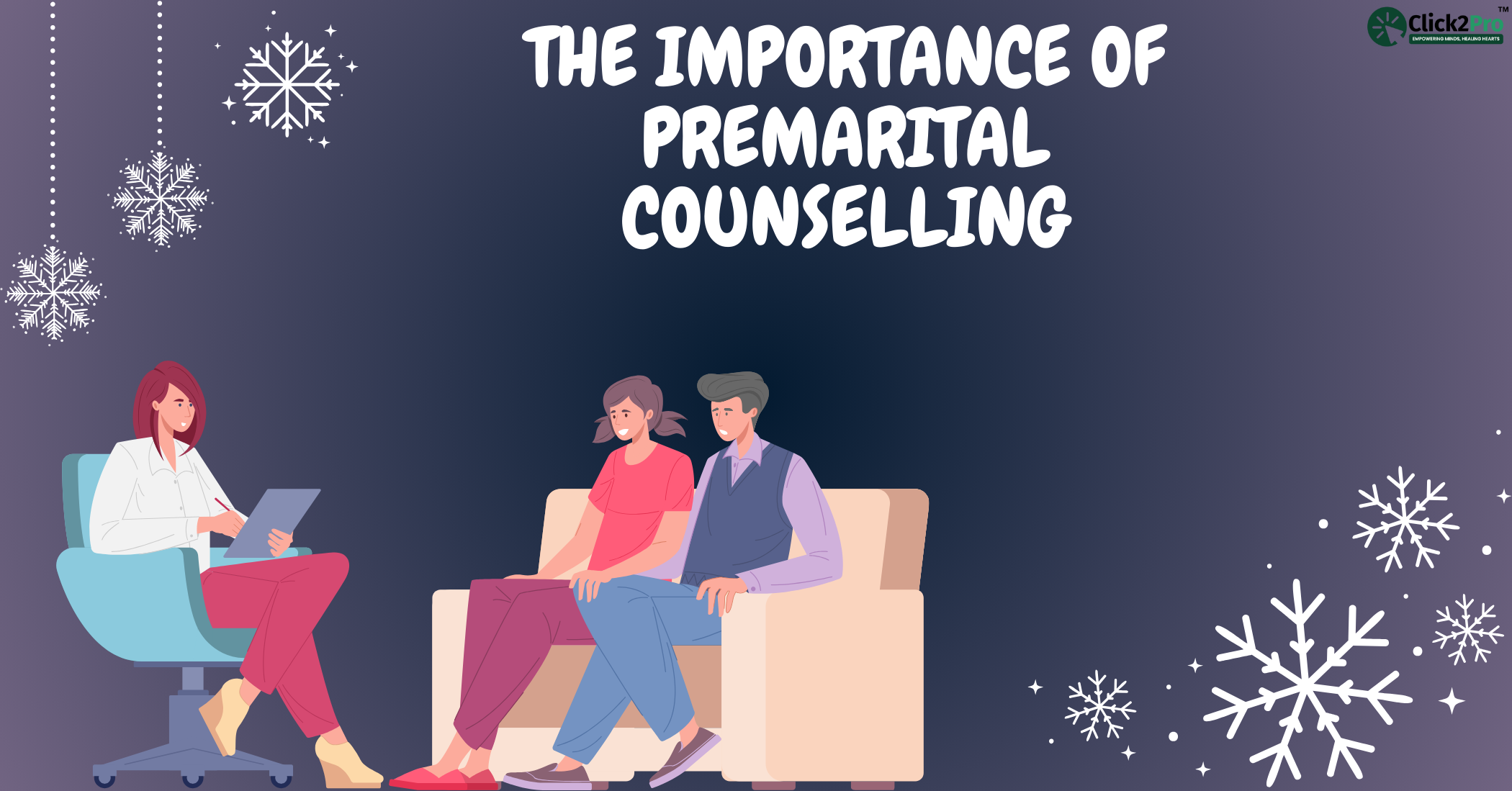

How Family Influence Shapes Pre-Marriage Relationships: Navigating Family Roles Before Marriage
Estimated Reading Time: 9 Minutes
"Family is not an important thing. It's everything." – Michael J. Fox
From the moment we're born, our families shape our understanding of the world, influencing our beliefs, values, and how we form relationships. This family influence is profound, as it lays the foundation for our future interactions and choices in life, especially in romantic relationships.
Defining Family Influence
Family influence refers to the impact family members have on an individual's beliefs, behaviors, identity development, and relationship choices. It is a formative and enduring process that shapes personal values, social norms, and emotional well-being throughout life. Understanding this influence is crucial. Acknowledging the before marriage family role helps us recognize how our family's expectations and traditions can profoundly affect our pre-marriage relationship dynamics and decision-making.
This understanding is backed by research from Fiveable on Family Influence and NCBI on Family Dynamics.
Understanding Family Influence
How Family Shapes Individual Relationship Perspectives
The ways in which family relationships are constructed serve as the foundation for how we perceive and engage with others in romantic relationships. Our early family interactions lay the groundwork for future connections. According to Lyra Health, these early experiences guide our expectations in romance.
Family influence includes passing down values, beliefs, and traditions that shape our attitudes toward intimacy, partner selection, and expectations for marriage. For instance, some families prioritize education, while others place value on community ties. These cultural traditions can heavily weigh on how individuals view marriage as a whole. More information can be found at Fiveable on Family Influence.
Moreover, family dynamics are not static. They constantly interact with societal changes and individual choices. As our life circumstances evolve, so too do the impacts of our family's influence on our relationship patterns, adapting to new norms and conditions. YVEX further discusses how changing societal dynamics intertwine with familial expectations.
Examples of Family Influence
- Cultural Traditions: Consider how some cultures have specific ceremonies or customs that dictate how marriage is approached, impacting whether individuals feel pressured to marry at a young age or adhere to arranged marriages.
- Communication Styles: Families that encourage open discussions may produce individuals who are communicative in their relationships, whereas families that are more reserved could result in partners who struggle to express their feelings.
The Role of Family Before Marriage
Expectations from Families
Families often have expectations regarding the partners their members choose. These expectations can stem from factors such as:
- Cultural and Religious Backgrounds: Families may prefer partners who share similar beliefs or cultural practices.
- Socioeconomic Status and Education: Families might look favorably on partners with specific educational accomplishments.
- Timing of Marriage: Some families may impose their ideas about when marriage should happen, which can create stress for couples trying to navigate their relationships. Research from NCBI breaks down various familial expectations that can mold individual choices. For more insights, read about living together before marriage.
Impact of Parental Relationships
Our parents' relationships serve as models for what we seek in our partnerships. Studies have shown that individuals may unconsciously seek partners who remind them of their parents, reflecting familiar dynamics. Our attachment styles and expectations in relationships are significantly influenced by our observations of parental interactions, as detailed by Top Doctors UK.
Family Opinions on Marriage
Family beliefs about marriage roles and responsibilities can mold individual expectations and choices. Sometimes these opinions can be as simple as how families view gender roles within marriage or attitudes towards divorce. By understanding these common family opinions on marriage, we can navigate our own decisions with greater insight. This point is also highlighted in research from YVEX.
Examples of Pre-Marriage Family Roles
To clarify the before marriage family role, let's consider a few examples:
- Arranged Marriages: In certain cultures, individuals may feel an obligation to marry someone selected by their families, significantly limiting personal choice.
- Cultural Expectation: A family may expect their children to marry someone from their community, creating pressure to conform to family expectations even if personal desires differ.
- Career Milestones: Families may pressurize individuals to accomplish certain career milestones before considering marriage, which can delay significant life decisions for young couples.
Navigating Family Influence in Pre-Marriage Relationships
Practical Relationship Advice
Open Communication with Family
Engaging in open conversations with family about your partner can foster greater understanding and reduce potential conflicts. Here are some techniques to enhance communication:
- Choose Appropriate Times for Discussions: Timing can greatly affect how well family members receive the news about your partner.
- Employ Active Listening: Make sure to listen to their concerns actively and empathetically.
- Utilize "I" Statements: Express your feelings using 'I' statements (e.g., "I feel concerned when you...") to promote constructive dialogues.
For more insights on communication strategies, visit Top Doctors UK. Read more on premarital discussion topics.
Balancing Family Expectations with Personal Goals
Setting clear boundaries regarding decision-making is essential to balancing family expectations while honoring personal goals. Here are strategies that may help:
- Involve Family Members: Share portions of your relationship with families, allowing them to feel included without overwhelming the decision-making process.
- Seek Compromise: Find middle ground on certain matters without sacrificing core values or beliefs.
The complexity of balancing respect for family traditions with personal happiness is vital for a healthy relationship, as outlined by YVEX. Read more on building emotional intimacy strategies.
Setting Boundaries
Establishing boundaries protects the couple's autonomy and fosters mutual respect. Here’s how to set boundaries:
- Clearly Communicate Limits: Discuss what behaviors and opinions will be respected.
- Be Consistent: Ensure that you uphold your boundaries consistently.
- Address Violations Promptly: If boundaries are broken, express your discomfort immediately to maintain respect for both partners.
For more on setting boundaries, you can read further at Top Doctors UK and learn about relationship red flags and warning signs.
Successful Examples and Case Studies
Case Study 1: Embracing Cultural Diversity
Background: An individual from a traditional family falls in love with someone from a different cultural background.
Challenges Faced: The family expressed initial disapproval due to cultural differences. See more about arranged or love marriage pros and cons.
Actions Taken:
- Open discussions about how the partner's values aligned with the family's.
- Introducing the partner to family traditions helped establish familiarity.
Outcome: The family gained understanding and acceptance of the partner.
Lesson Learned: The power of communication and inclusion can overcome familial objections.
Case Study 2: Career vs. Commitment
Background: A couple dealing with family pressure to marry at a certain age, with conflicting career aspirations.
Challenges Faced: Balancing personal career goals with family expectations about marriage timelines.
Actions Taken:
- Established personal goals and timelines for their relationship.
- Communicated these plans respectfully to both families.
Outcome: Families began to understand and respect their decisions, reducing pressure.
Lesson Learned: Setting boundaries based on personal goals is paramount for family respect and understanding. Learn more about relationship red flags and warning signs.
Addressing Conflicts Arising from Family Influence
Common Conflicts Among Families
When family views clash with individual desires, it can create friction. Common sources of these conflicts include:
- Cultural or Religious Objections: Disagreement over partners' backgrounds can lead to tension.
- Wedding Planning Disputes: Differing opinions on how a wedding should be conducted or where to live can be challenging.
Conflict Resolution Strategies
To navigate these conflicts effectively, consider the following strategies:
- Mediation: Involving a neutral third party, such as a family friend, counselor, or religious leader, can facilitate open conversations.
- Empathy-Driven Dialogue: Encourage all parties to express their feelings while also actively listening to others’ perspectives. Understanding each other's viewpoints can lead to mutual respect and effective solutions.
- Focus on Shared Goals: Emphasize the common desire for happiness and family harmony, which can help shift the focus from conflict to collaboration.
For more on conflict resolution strategies, please refer to Top Doctors UK.
Conclusion
Navigating family influence is a vital aspect of preparing for marriage. Recognizing how our family shapes our perspectives helps build a solid foundation for future relationships. By understanding and accepting the dual roles of family influence and personal aspirations, couples can craft a relationship that honors both familial bonds and individual happiness.
As you prepare for marriage, consider how your family's values and expectations shape your relationship choices. Balancing family influence with personal aspirations will lead to more fulfilling and resilient partnerships.
Call to Action
We’d love to hear your experiences with navigating family influence in your relationships. Share your stories and advice in the comments below. What strategies have you found effective in balancing your family's expectations with your own relationship goals? If you found this article helpful, please share it with others who might be facing similar challenges.
Family Influence Pre-Marriage Relationships Family Roles Navigating Expectations
-
 What to include in my Wedding Website
What to include in my Wedding WebsiteDream Wedds
-
 How Engagement Party should be celebrated
How Engagement Party should be celebratedLeonard Bernstein
-
 Elevate Your Haldi and Mehandi Ceremony Glam
Elevate Your Haldi and Mehandi Ceremony GlamNeeraj Singh
-

-

-

-
-

-

-

-

-

-

-
 YOUR BIO AND HOW WE MET
YOUR BIO AND HOW WE METLeonard Bernstein
-

-
-

-

-
 A Guide to Health, Wellness post Marriage
A Guide to Health, Wellness post MarriageSaujanya Bose
-

-
-

-

-

-

-

-

-

-

-

-
-
 Personal Space: The Key to a Healthy and Balanced Marriage
Personal Space: The Key to a Healthy and Balanced MarriageDreamWedds Team
-

-

-
 Fade Dark Spots: Natural Remedies and Tips for Clearer Skin
Fade Dark Spots: Natural Remedies and Tips for Clearer SkinDreamWedds Team
-

-
 Selecting the Perfect Foundation Shade: Your Ultimate Guide
Selecting the Perfect Foundation Shade: Your Ultimate GuideDreamWedds Team
-

-

-

-

-
 Health and Wellness for Brides and Grooms
Health and Wellness for Brides and GroomsDreamWedds
-

-

-

-
-
 The Ultimate Guide to Achieving Long-Lasting Bridal Makeup
The Ultimate Guide to Achieving Long-Lasting Bridal MakeupDreamWedds Team
-

-

-

-

-

-
:max_bytes(150000):strip_icc()/Kitzcornermedium-c9abd848ea634040a06bb6db8b8a7304.jpg)
-

-

-

-

-
 Makeup Basics: Essential Cosmetics Every Beginner Should Own
Makeup Basics: Essential Cosmetics Every Beginner Should OwnDreamWedds Team
-

-

-

-
 The Ultimate Wedding Planning Checklist for Indian Weddings
The Ultimate Wedding Planning Checklist for Indian WeddingsSimranpreet Singh
-

-

-
-
 Virat & Anushka: A Fairytale Wedding to Remember!
Virat & Anushka: A Fairytale Wedding to Remember!Yashashvi Mathur
-

-

-
 The Importance of a Bridal Makeup Trial for Your Wedding Day
The Importance of a Bridal Makeup Trial for Your Wedding DayDreamWedds Team
-

-

-

-

-
 Effective Natural Skincare Remedies to Reduce Pore Size
Effective Natural Skincare Remedies to Reduce Pore SizeDreamWedds Team






